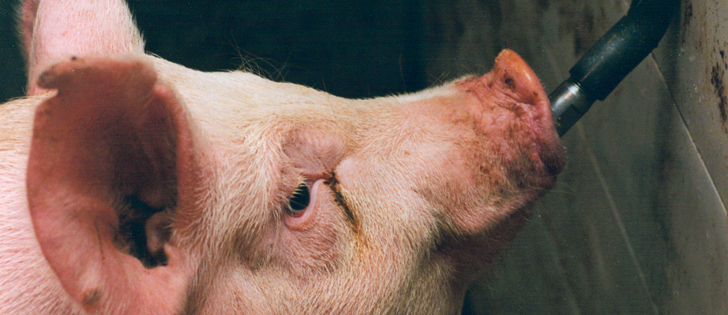The Manitoba Pork Council has been fighting the same battle for more than a decade.
In 2006, the provincial government issued a moratorium on hog barn construction, saying it was necessary because hog manure was polluting Lake Winnipeg. That message has stuck with the public, despite strict regulations around manure management and hog industry efforts to change the narrative.
The pork council plans to launch another information campaign this summer to try and make its case to urban Manitobans.
George Matheson, council chair and hog producer from Stonewall, said the organization would be buying ad space in Winnipeg. The promotion is needed because anti-livestock groups and journalists are spreading incorrect information about Manitoba’s hog producers.
Read Also

Trump’s tariffs take their toll on U.S. producers
U.S. farmers say Trump’s tariffs have been devastating for growers in that country.
“We’ve got our detractors and (they) embellish stories to sell papers. Sometimes the media likes to take a story and run with it regardless of scientific fact.”
Matheson didn’t specify which media but there have been many stories this spring, mostly in Winnipeg, suggesting the hog industry and its manure could endanger Lake Winnipeg.
Don Flaten, a University of Manitoba soil scientist, said environmental groups and media reports have singled out hog manure and “demonized” it.
“And consider it to be pure evil and ignore all the other forms of nutrients we need to be careful with, as well. There’s nothing particularly special about hog manure.”
Matheson said Manitobans need to know that hog production is environmentally sustainable and a generator of wealth.
“I’ve been advised that it’s $1.7 billion of economic activity, from the hog industry annually,” he said. “The public needs to hear about that.”
















